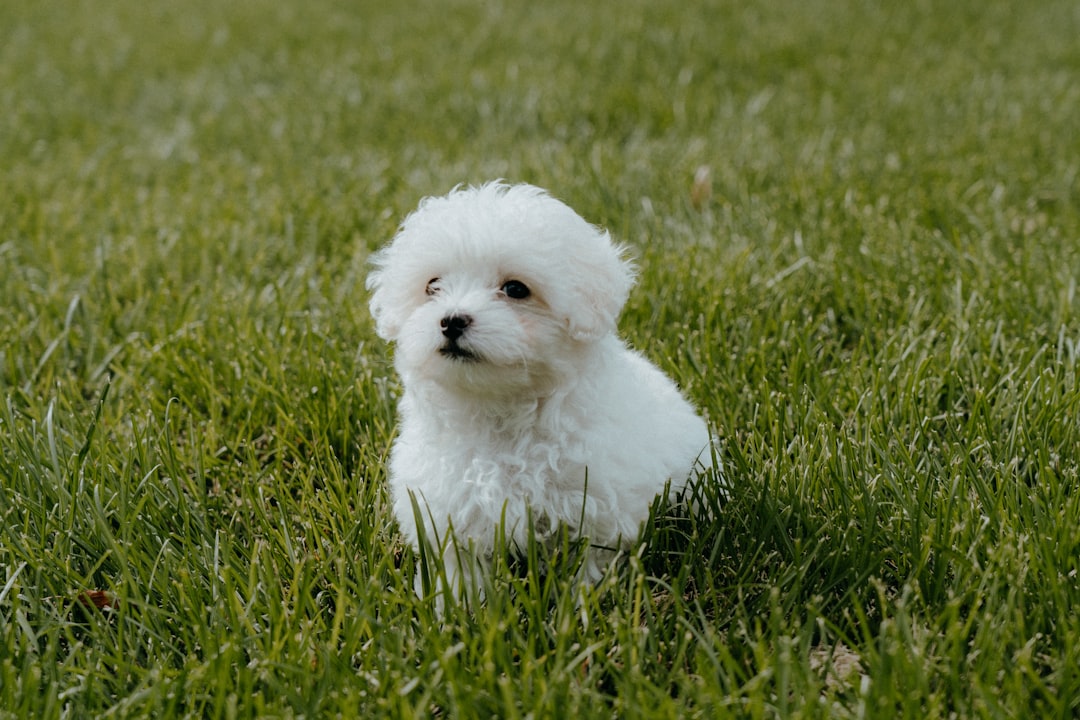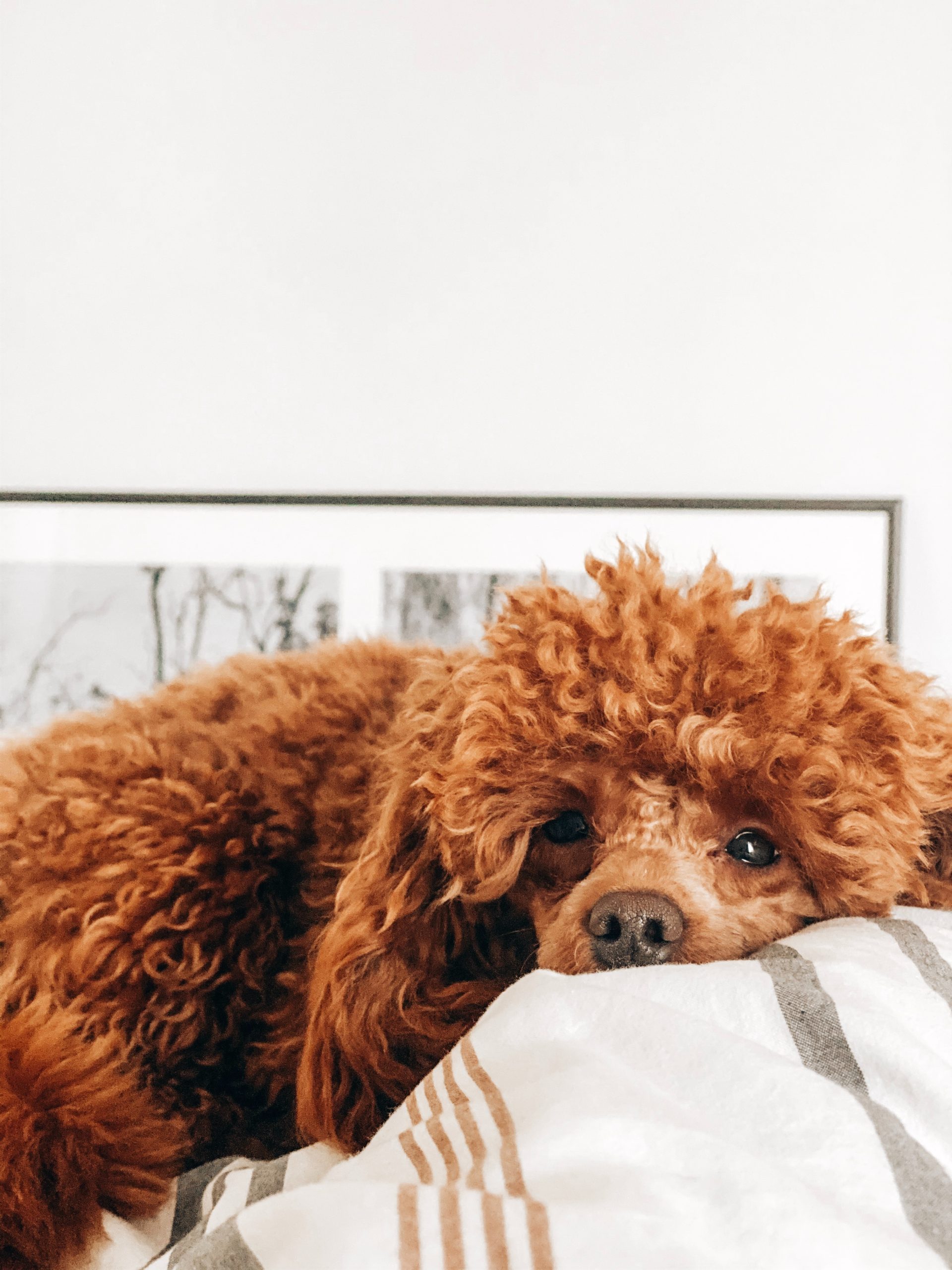Poodle Power: Unveiling the Versatile and Vibrant World of Poodle Breeds
A brief overview of poodle breeds including their description, grooming needs, temperament, and health considerations.
Poodle Breeds Overview
Poodles are a highly versatile breed, known for their intelligence, elegance, and hypoallergenic coat. The three main varieties of poodles offer a diverse range of sizes and characteristics, catering to different preferences and lifestyles. The Standard poodle, with its origins as a duck retriever, is the largest of the three types. This breed is not only admired for its striking appearance and graceful movement but also for its remarkable intelligence and trainability. Their impressive athleticism and agility make them excellent candidates for various dog sports and activities, showcasing their versatility beyond their role as companions.
In contrast, the Toy poodle, the smallest of the three varieties, may be small in size but is certainly not lacking in personality. These pint-sized poodles are cherished for their playful nature and unwavering loyalty to their families. Their diminutive stature and affectionate demeanor make them ideal for apartment living and for those seeking a compact yet lively canine companion. Additionally, their hypoallergenic coat makes them a popular choice for individuals with allergies, adding to their appeal as beloved family pets.
Furthermore, the Miniature poodle, falling between the Standard and Toy varieties in terms of size, embodies a delightful combination of the traits found in both of its counterparts. Their moderate size, coupled with their intelligence and sociable nature, makes them adaptable to various living environments, from urban apartments to suburban homes. Their striking appearance and loving disposition make them a cherished addition to many households, further solidifying the poodle’s reputation as an excellent family dog with adaptability and charm.
Grooming Needs for Poodles
Poodles have specific grooming needs that are essential for their overall well-being. Their curly, dense coat requires regular brushing, clipping, and grooming to prevent matting and maintain coat health. For example, the Standard Poodle’s coat should be brushed at least every other day to prevent tangles and mats, while the Toy and Miniature Poodles may require daily brushing to keep their coats in optimal condition. Regular grooming not only keeps their fur looking neat and tidy but also helps to distribute skin oils, keeping their skin healthy and free from irritation.
In addition to coat care, dental care is crucial for poodles. Dental issues can be common in poodles, so regular tooth brushing and dental check-ups are necessary to prevent dental problems and maintain their overall health. For example, providing dental chews and toys designed to promote dental health can also help keep their teeth clean and strong.
Poodles are known for their intelligence and high capacity for behaviors and tricks that involve both brains and agility. Therefore, mental stimulation through interactive grooming sessions, such as using puzzle toys and engaging in training activities during grooming, can help keep them mentally sharp and physically healthy. These activities can also foster a strong bond between the poodle and its owner, making grooming a positive and enjoyable experience for both.
Temperament, Training, and Socialization
Poodles are renowned for their intelligence, sociability, and energy. Their exceptional intelligence allows them to excel in various activities and tasks, making them highly trainable pets. For instance, poodles can be taught complex tricks and agility exercises due to their high capacity for behaviors and tricks that involve both brains and agility. This intelligence and trainability make them excellent candidates for obedience training, agility training, and even service work.
In addition to their intelligence, early socialization and training are essential for poodles to get along well with other animals and become well-rounded companions. For example, introducing a poodle to various environments, people, and animals from an early age can help them develop into well-adjusted and sociable pets. Proper socialization is particularly important for poodles, as it can help them feel comfortable and confident in different situations, reducing the likelihood of behavioral issues. They are generally good with other pets and animals, including dogs, cats, birds, rabbits, and guinea pigs, especially when properly socialized. This emphasis on socialization ensures that poodles can form positive and harmonious relationships with both humans and other animals, enriching their lives and the lives of their owners.
Health Considerations for Poodles
Poodles, with their unique genetic makeup, are generally healthy dogs. However, due to inbreeding, they are prone to certain hereditary diseases that poodle owners should be mindful of. Common health issues in poodles include Addison’s disease, Cushing’s syndrome, hypothyroidism, and progressive retinal atrophy. For instance, Addison’s disease, also known as hypoadrenocorticism, affects the adrenal glands and can lead to symptoms such as weakness, vomiting, and weight loss. Similarly, Cushing’s syndrome, or hyperadrenocorticism, is characterized by an overproduction of cortisol, resulting in increased thirst and urination, hair loss, and a pot-bellied appearance.
Regular veterinary check-ups are essential to monitor the poodle’s health and detect any potential health issues early on. Additionally, finding a reputable breeder is crucial in minimizing the risk of hereditary diseases. Responsible breeders conduct thorough health screenings of the parent poodles, which significantly reduces the likelihood of passing on genetic health problems to the offspring. By prioritizing the selection of a reputable breeder, poodle owners can take proactive measures to safeguard the overall well-being of their beloved pets, ensuring that they lead long, healthy lives free from avoidable hereditary health concerns.
Conclusion
In conclusion, poodles are not only intelligent and sociable but also highly versatile. Their hypoallergenic coat and various sizes, including Standard, Miniature, and Toy, make them an ideal choice for families with different needs and living situations. For example, the Standard poodle, originally bred as duck retrievers, provides a larger, more robust option for families with active lifestyles, while the Miniature and Toy poodles are perfect for smaller living spaces due to their compact size.
Moreover, poodles’ love for learning and agility extends beyond their physical attributes. For instance, they can compete in various activities such as agility and obedience, showcasing their mental and physical capabilities. This makes them not only wonderful family pets but also great companions for individuals with an active lifestyle and a passion for engaging with their pets in various activities. Therefore, poodles are more than just a pretty face; they are dynamic and multifaceted pets that can bring joy and fulfillment to a wide range of households.



